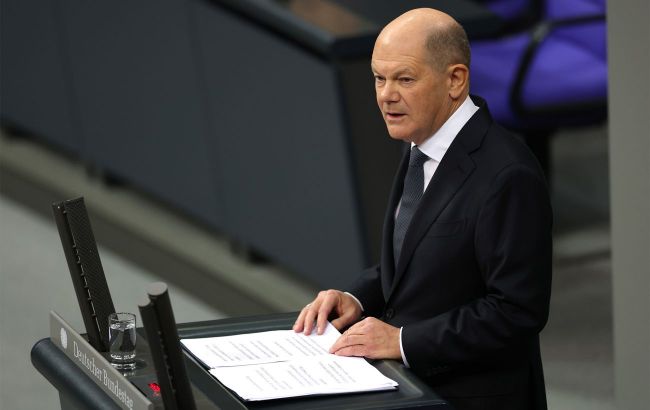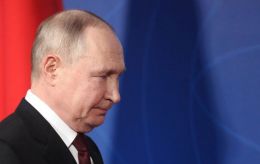Bundestag decides fate of Scholz's government: Will there be early elections in Germany?

The German Bundestag held a vote of confidence in Chancellor Olaf Scholz's government. This took place more than a month after the collapse of the so-called traffic light coalition, ZDF reports.
In the vote in the Bundestag, 717 votes were cast, with 207 in favor, expressing confidence in Olaf Scholz. 394 voted against, and 116 abstained. The vote opens the way for the dissolution of parliament and the holding of early elections.
Now, Scholz must ask Federal President Frank-Walter Steinmeier to dissolve parliament and call for early elections. The Federal President has 21 days to do this. The elections are likely to take place on February 23.
However, Scholz will remain the interim leader until a new government is formed.
Regular elections in Germany were originally scheduled for September 2025.
What preceded
The political situation in Germany had been tense for several months but escalated due to the 2025 budget. The cause of the tension was disagreements over covering a €13 billion deficit.
As a result, in November, Chancellor Olaf Scholz dismissed Finance Minister Christian Lindner, who is also the leader of the Free Democratic Party (FDP). Following this, several other ministers resigned, and Scholz lost his majority.
This led to the collapse of the traffic light coalition, which consisted of the Social Democratic Party (SPD), the Free Democratic Party (FDP), and the Greens. Afterward, the Chancellor announced that a vote of confidence would be held in the Bundestag.
The main favorite in the early elections will be the opposition conservative bloc CDU/CSU, led by Friedrich Merz, who is predicted to become Chancellor. Currently, his political force leads by a significant margin. The key question is who he will have to form a new coalition with – the Greens or the Social Democrats.
In all scenarios, anti-Ukrainian far-right extremists from the Alternative for Germany (AfD) and left-wing populists from the Sahra Wagenknecht Union, which is also expected to enter parliament, will remain in opposition.
For more details, read the material by RBC-Ukraine.

